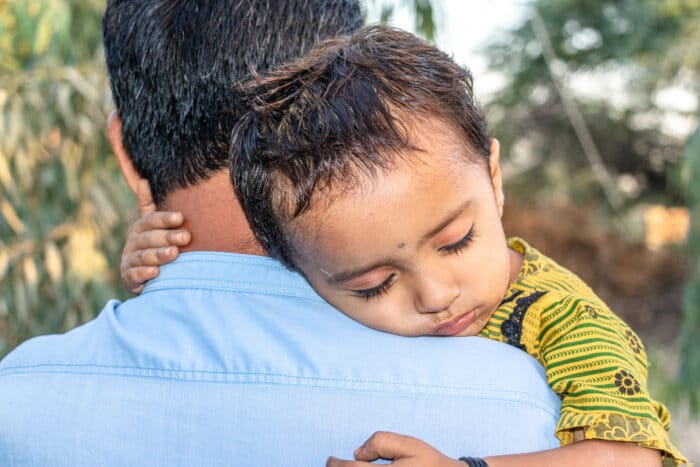
As immigration enforcement ramps up under the Trump administration, millions of families in the U.S. are facing an uncertain future. Among those affected are American-born children whose undocumented parents are deported. An estimated 4.4 million U.S. citizen children live with at least one undocumented parent, meaning family separations can have widespread and devastating consequences.
The Immediate Aftermath of a Parent’s Deportation
When an undocumented parent is detained or deported, their children face immediate instability. In many cases, parents have little time to make childcare arrangements, putting children at risk of being placed in the foster care system. If no relative or friend is available to take custody, state child welfare agencies may step in.
Even when family members can provide care, deportations create long-term disruptions. A 2018 study found that increased immigration enforcement was associated with a 4% higher likelihood of U.S.-born children with unauthorized parents living in poverty. This financial strain often forces families to move, change schools, or rely on public assistance.
Emotional and Developmental Consequences
The stress of losing a parent to deportation can have lifelong effects on children. Research shows they are at greater risk of anxiety, depression, and PTSD. Many develop toxic stress, which can affect brain development and increase the risk of chronic illnesses such as heart disease and diabetes.
Teachers and school administrators report that students struggle with attendance, withdraw from classroom participation, and exhibit heightened anxiety after a parent’s deportation. A 2018 study found that Hispanic student enrollment dropped by 10% in areas where local police partnered with ICE to enforce immigration laws.
The Legal Challenges of Reuniting with Deported Parents
Although U.S. citizen children have the right to live in the U.S., many end up leaving with their deported parents. Returning later can be difficult. If they lack proper documentation, such as a valid U.S. passport or birth certificate, they might struggle to prove their right to re-enter. Additionally, if they’ve been living abroad for an extended period, they could face challenges accessing public benefits, education, or even reclaiming residency in the U.S.
For those who remain, reuniting with a deported parent can be legally complex. U.S. immigration laws provide few protections for parental rights, and some state laws mandate termination of parental custody if a child has been out of a parent’s care for 15 of the past 22 months. Detained or deported parents often cannot attend family court hearings or meet reunification requirements.
What Can Parents Do to Protect Their Children?
If you are an undocumented parent, taking proactive steps can help protect your children in case of detention or deportation. Boundless has put together a detailed guide on knowing your rights as an immigrant.
The Need for Policy Changes
Immigrant rights advocates continue to push for policies that protect families from separation. Some proposals include:
- Allowing parents to designate a legal guardian before deportation.
- Ensuring detained parents can participate in custody hearings.
- Expanding legal pathways for family reunification.
For now, families at risk of separation should prepare in advance and seek legal guidance.